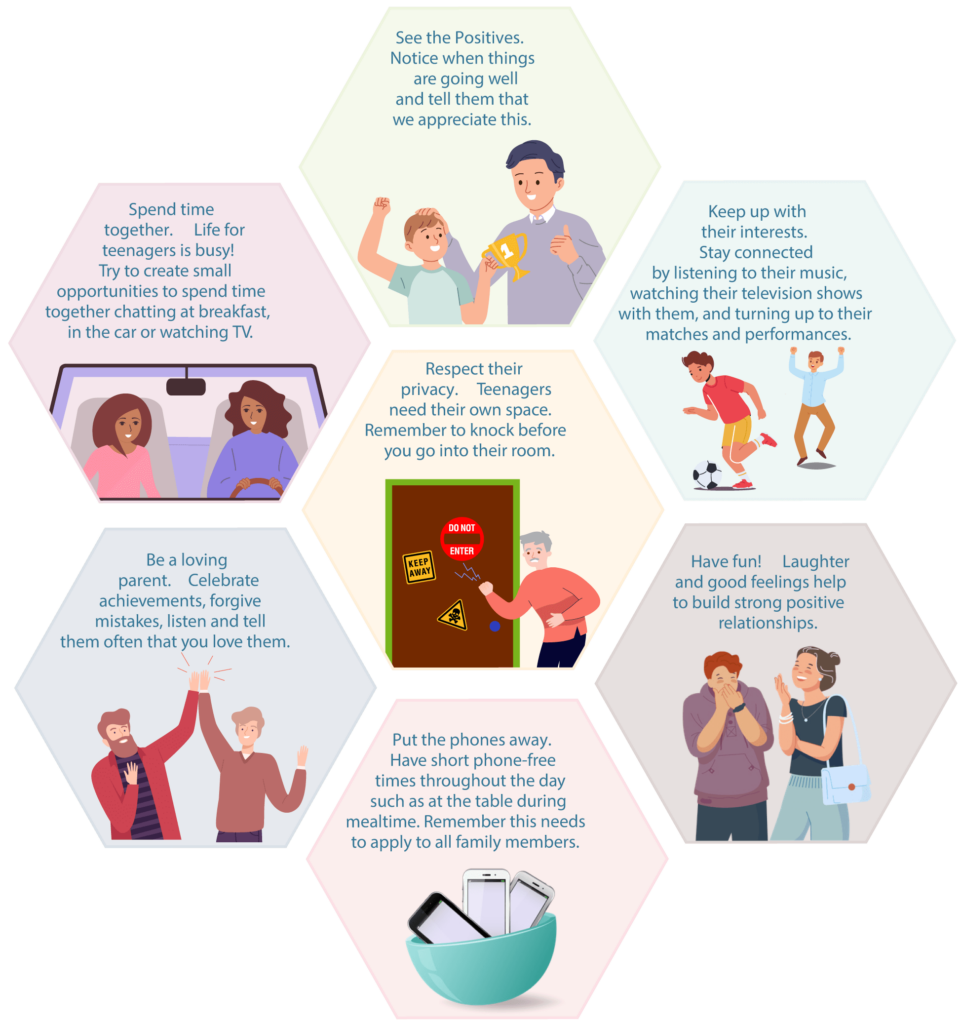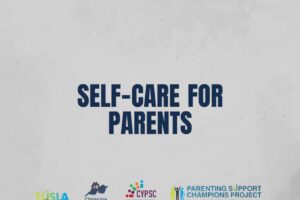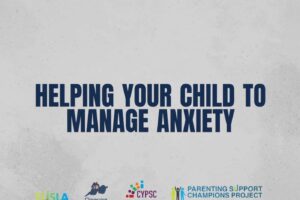How to keep communication open and positive with your teenager
Our relationships with our children as they move into their teenage years can sometimes be challenging. The positive active communication we enjoyed with them when they were younger changes, and we can find ourselves not chatting with them freely and informally as often as we did when they were little. We may start to find ourselves falling into the habit of having brief yes and no conversations that can start to feel like an interrogation! This may happen as other commitments and activities such as work, afterschool study, external activities, time with friends and the inevitable screen time make it more difficult to set aside time within the home to just sit and chat as a family.
As our children get older and they start to prioritise time with their friends and activities outside the home over home life, we can find ourselves firing questions at them just to get a sense of how they are and what they are doing. For example, ‘How was school today?’ ‘Where are you going?’, ‘Who’s going with you?’ or ‘What are you going to be doing?’ This can give rise to the possibility that your teenager will not tell you things that their friends are doing or, more importantly, what they may be worried about. You may not know, if you lose the casual chats, what they care about, what they dislike or what they’re thinking. You may not be that familiar with their friends and any issues arising within their peer groups.

When we chat informally at home we create opportunities to really share what is happening within the home and school on a weekly basis. Creating this space within your home needs to be prioritised and planned. Try making time to have meals together (device free for everyone in the family) so that there are better opportunities to communicate fully. If you don’t make time to talk about the everyday normal activities your teenager is involved in, it will be much more difficult to start a conversation when issues arise such as experimenting with drugs/alcohol, peer pressure, worries about school, bullying etc.
When communication remains open it is natural to ask if something is wrong without your teenager fearing that you are judging them or wish to limit their movements and choices. Making the most of your time together at meal times, limiting your phone use in their company, driving them to activities, having their friends over, planning family trips and holidays is very important in keeping the relationship connected. Try to keep special family traditions such as birthday or holiday celebrations going even when they are teenagers and even when they seem bored with your efforts. These are the things that keep you all together, working out issues and stresses in a supportive way by making time together as positive as possible. When issues arise it is important to reflect on possible misunderstandings and mistakes made, acknowledge them and move on to ensure that your parent/teenager relationship continues to grow and develop positively into adulthood.









